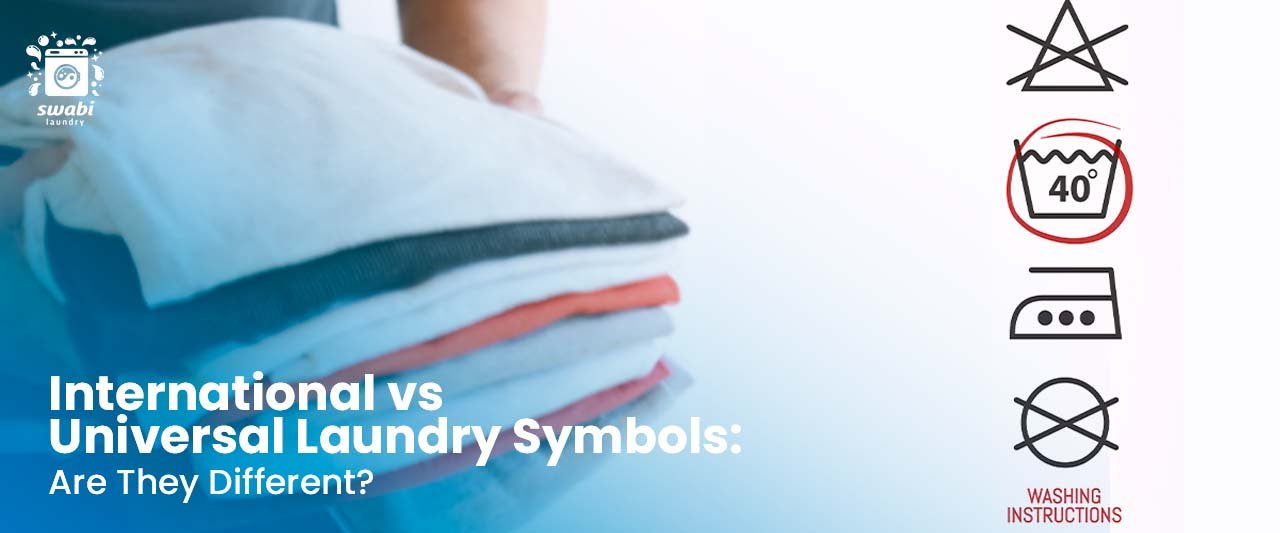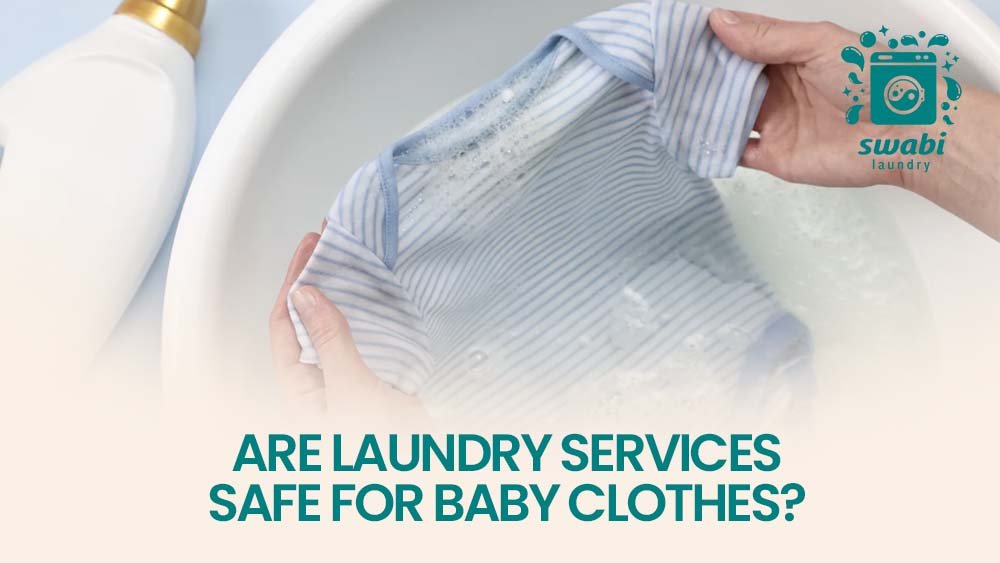
Each time you check a clothing tag and find a triangle, circle, or a tub with squiggly lines, you are dealing with a language that is beyond borders: international laundry symbols. But are they really identical in every corner of the world? These pictograms are designed to be understood by everyone.
From Dubai to everywhere around the world, care instructions are a kind of a shield for the clothes against fading, shrinking, or tearing. However, some symbols, although being global in nature, are quite differently understood in different regions, they may be even slightly changed or wrongly used. Learning the differences in detail (and even the differences that are quite noticeable) between international and "universal" laundry symbols is a must if you are a globetrotter, a fashion exporter, or just a person who wants their clothes to look like new.
Why Care Symbols Matter More Than You Think
Let’s be real: few people enjoy laundry. But destroying a new silk blouse or shrinking a cashmere sweater? That’s worse.
These tiny symbols carry massive meaning. They help extend the life of fabrics, maintain color integrity, and prevent unnecessary environmental waste. Manufacturers and consumers alike rely on accurate symbols to communicate care instructions clearly, but misreading a symbol due to regional differences can lead to costly mistakes.
The Origin of International Laundry Symbols
International laundry symbols are the result of the need to ensure that the care of fabrics would be the same all over the world. In 1958, GINETEX (Groupement International d'Étiquetage pour l'Entretien des Textiles) was established in France to create uniform symbols. Later, the ISO (International Organization for Standardization) recognized these and included them in the ISO 3758 standard.Still, several countries developed their own versions of the symbols, which meant there were a few differences both minor enough to be overlooked and big enough to cause misunderstandings.
Dubai Clothing Care Instructions
While Dubai is known for its cosmopolitan lifestyle, the rest of the UAE has largely maintained different traditional ways with clothing care labels. One of the major cultural differences is the usage of clothes, where modesty is preferred; the clothes are often labeled with specific instructions for the use of the delicate cycle or steam-only ironing.
UAE-Specific Fabric Care: Regional Practices
The most common fabrics are rayon and polyester; therefore, one can see a lot of labels that have the symbols of “no tumble dry” or “cool wash only. ”There are also special tags that are put in the clothes to indicate that people should avoid using strong detergents due to the fact that there are many people who have sensitive skin in the Gulf region. Being aware of these clothing details that are specific to the UAE can help you to keep the clothes in good condition and at the same time, honoring the culture.
ISO Washing Symbols: The Standard Language of Fabric Care
ISO washing symbols attempt to create a common ground. Their goal? A laundry tag that speaks all languages, regardless of culture or literacy. These include standardized icons for hand washing, max temperature, permanent press, and more. And if you’ve made one too many common laundry errors, maybe it’s time to keep a global symbol guide close.
Why "Universal" Doesn’t Mean "Identical"
Let’s put it simply: while ISO aims to unify, practice varies. Symbols may:
- Look slightly different
- Include different additional lines or dots
- Be combined with different colors, fonts, or text
International Ironing Symbols: Same or Different?
Generally consistent, ironing symbols use dots to show temperature:
- 1 dot = low
- 2 dots = medium
- 3 dots = high
So, now that we’ve untangled the threads of international laundry symbols, it’s clear, one size doesn’t fit all. Between the ISO standards and region-specific rules in places like the UAE or the U.S., even simple symbols can lead to major laundry room confusion.
Frequently Asked Questions (FAQs)
1- What do the dots on an ironing symbol mean?
They indicate temperature: one dot for low, two for medium, three for high heat.
2- Is there a universal symbol for hand washing?
Yes, the hand-in-tub symbol typically means “hand wash only.”
3- Why do some tags have text and others don’t?
American tags often include text for clarity, while European tags mostly rely on symbols alone.
4- Can I ignore laundry symbols and wash clothes my way?
Ignoring symbols can damage fabrics. Always follow instructions to extend clothing life.


